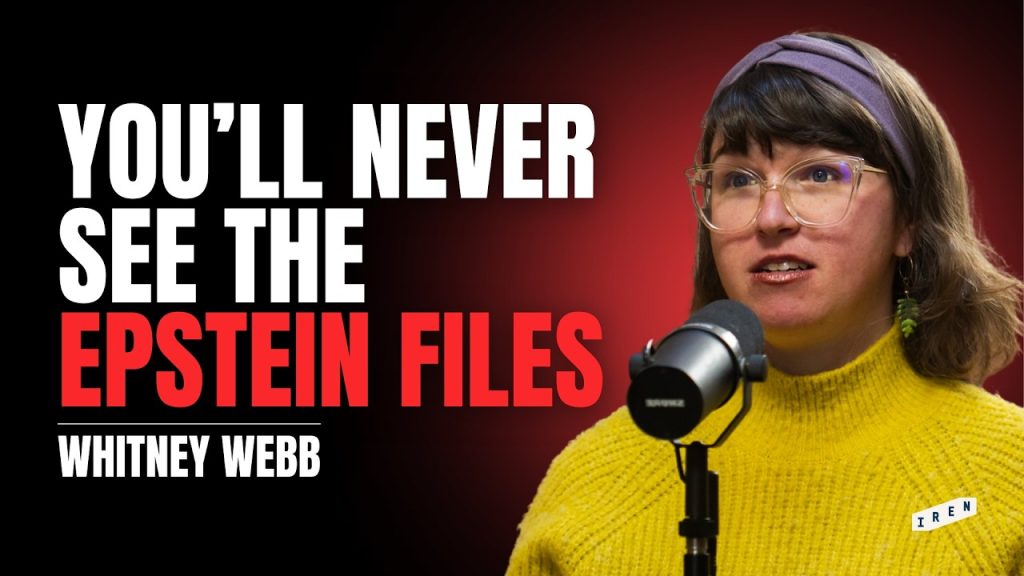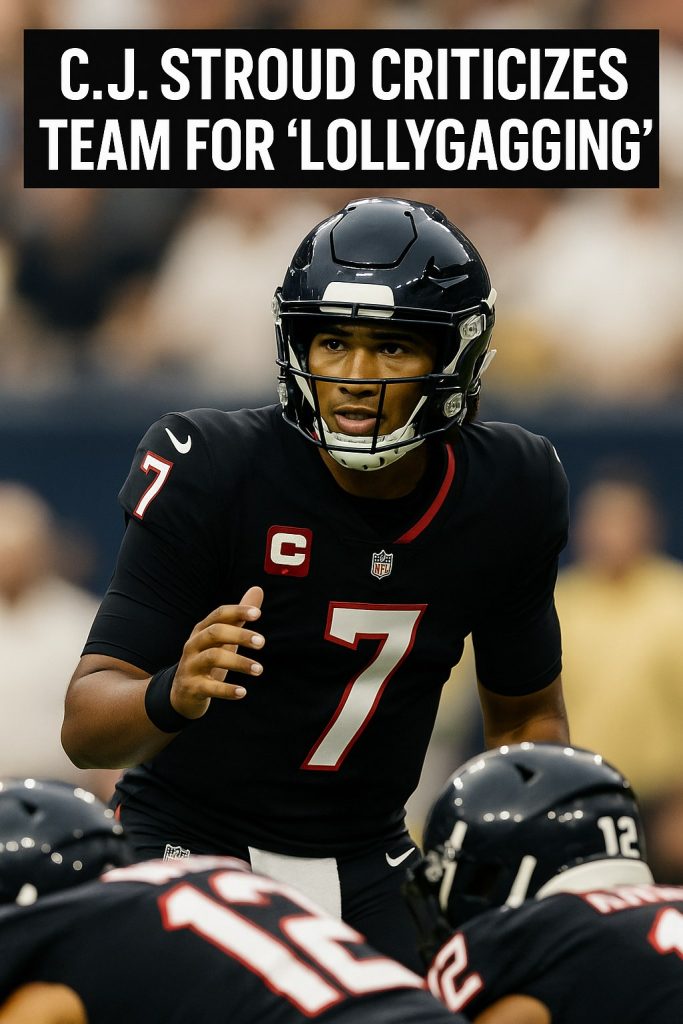In a compelling exploration of the intersections between power, secrecy, and criminality, investigative journalist Whitney Webb presents her findings on the enigmatic Jeffrey Epstein in a recent discussion. Webb delves deep into the implications of Epstein’s activities, suggesting that his notorious reputation as a financier and sex offender may only scratch the surface of a much larger, shadowy global network.
Webb asserts that Epstein was deeply involved in arms trafficking and a variety of financial crimes, underscoring the degree of interconnectedness between elite actors across various sectors. “Epstein was absolutely doing a lot of really shady arms trafficking stuff,” she claims, indicating the importance of understanding the implications of these actions on a global scale.
At the heart of Webb’s analysis is the idea of a “meta cartel,” a concept suggesting that the world is governed by a coalition of powerful entities operating behind the scenes. This term highlights the complexity and clandestine nature of today’s power structures, which, according to Webb, are often insulated from public scrutiny. “If we know everything, it opens up everything. It’s Pandora’s box,” Webb warns, implying that unveiling the full extent of these networks might reveal truths that certain powerful individuals or institutions prefer to keep hidden.
Webb further discusses the context of Epstein’s downfall, particularly the surprise wave of outrage from U.S. authorities regarding his past conduct and the controversial plea deal he received in 2007. She argues that the timing of his arrest in 2019 was not motivated by a newfound commitment to justice, but rather by factors that are still being untangled. “I think it was about something else,” she states, indicating that underlying motives may have played a significant role in the actions of the government.
Many of Webb’s assertions receive added weight from her extensive research, as she has authored multiple books diving into the complexities surrounding Epstein’s life and connections. Her investigation is exhaustive, and she contends that the narrative surrounding Epstein does not only relate to his personal misdeeds but rather to a broader tapestry of elite connections that may include influential financiers, politicians, and intelligence agencies.
As the conversation progresses, Webb touches on a crucial aspect of her work—the need for transparency in our current power structures. By advocating for a better understanding of who controls these powerful networks, she encourages public discourse on these essential issues. “The truth of who Epstein was and why he was taken down is something that is critical to unravel,” Webb maintains, suggesting that without this understanding, society remains vulnerable to the very intrigues that produced figures like Epstein.
In sum, Whitney Webb’s insights serve as a provocative reminder of the complexities underpinning power and influence in the modern world. Her analysis not only challenges conventional narratives about Epstein but also invites viewers to consider the implications of unchecked power and the systems that enable it. As the discussion unfolds, the necessity for accountability and transparency becomes increasingly urgent—a theme that resonates deeply in today’s political climate.



